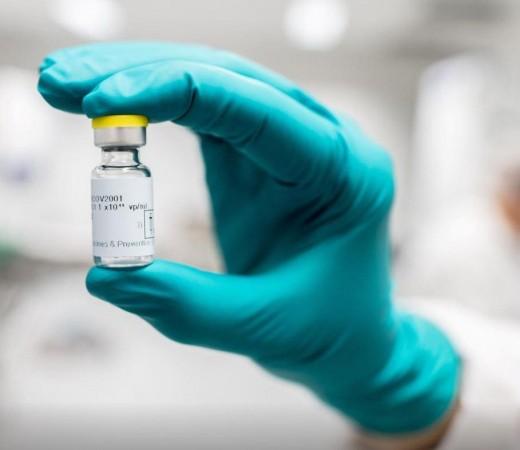Covid-19 vaccines developed by Moderna and Pfizer-BioNTech significantly appear less effective against the Covid variant that first emerged in South Africa, finds a new study.
The study, published in the journal Nature, indicated that the percentage of protective antibodies that neutralised the variant -- B.1.351 -- was 12.4 times lower for Moderna's Covid-19 shot, while Pfizer's vaccine was found to be 10.3 times lower.

According to the researchers, including Manoj S Nair from Columbia University Irving Medical Center in the US, multiple vaccine constructs have shown promise, including two with 95 per cent protective efficacy against Covid-19. However, these interventions were directed toward the initial SARS-CoV-2 that emerged in 2019.
The recent emergence of new SARS-CoV-2 variants B.1.1.7 in the UK and B.1.351 in South Africa is of concern because of their purported ease of transmission and extensive mutations in the spike protein, the team said.
For the study, the researcher team used real forms of the variant collected from people who had been infected with the virus.
The findings on B.1.351 are more worrisome in that this variant is not only refractory to neutralization by most N-terminal domain (NTD) monoclonal antibody (mAbs) but also by multiple individual mAbs to the receptor-binding motif on RBD, largely owing to an E484K mutation, the team said.
A recent study, published in the New England Journal of Medicine, showed that the B.1.351 variant may significantly reduce antibody protection from the Pfizer-BioNTech vaccine, as per a laboratory study.
Both the vaccines -- Pfizer and Moderna -- have already received emergency use approval in the US.








